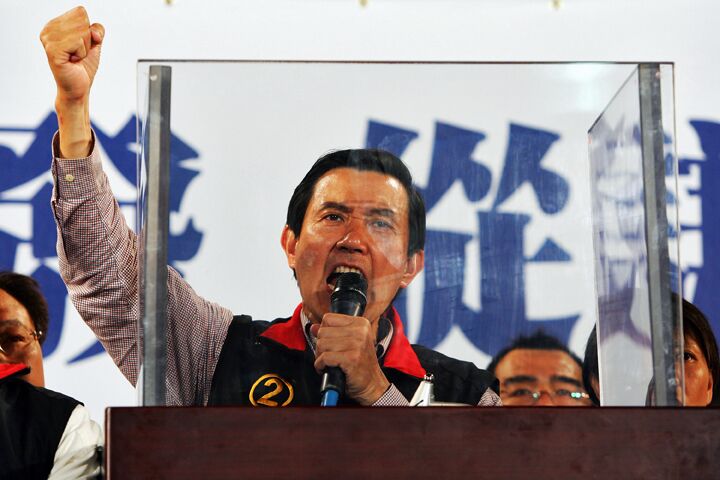
China and Taiwan Enter a New Phase of Economic Partnership
On January 16, Taiwan and China entered into a new phase of economic partnership when three long-awaited policies went into effect which liberalize financial ties across the Taiwan Strait.
The three memorandums of understanding, first signed in November by Chairman of Taiwan’s Financial Supervisory Commission Sean Chen, allow financial institutions in China and Taiwan to open new liaison offices, and upgrade existing offices into branches, opening doors for both sides to enter each other’s markets.
Since Taiwanese President Ma Ying-jeou took office in May 2008, Taipei and Beijing have made a series of cross-straight deals, and now the two governments are fast-tracking negotiations to bring about a bilateral free-trade agreement. To make up for its having entered the Chinese market comparatively late in the game, Taiwan is also working toward an economic cooperation framework agreement with China.
While both countries have economic reasons to push for a complete free-trade agreement, such deals are never about economics alone. The stakes are significantly higher for both Beijing and Taipei than the negligible tariff reductions that will directly result from the agreements.
Chief among Beijing’s motivations is the desire to increase its influence over Taiwan by making it more economically dependent upon China. The Chinese are committed to bringing Taiwan back into the fold, and will do so by military action if necessary. But the close relationship between Taiwan and the United States has so far deterred China from using such force. Instead Chinese leaders are trying to win Taiwan back gradually through social, political and economic methods.
Taiwan perceives the closer relations with China as a step toward developing the freedom to bolster ties with other countries—ties which could help Taiwan resist China in the future, as it knows the U.S. support it has depended on since 1949 is less reliable every month. But a boost in Taiwan-China relations will prove counterproductive in protecting Taiwan’s freedom.
Herbert W. Armstrong, editor in chief of the Trumpet’s predecessor, the Plain Truth, predicted Taiwan’s fate over 50 years ago. In a letter dated Sept. 19, 1958, he wrote, “Will Red China invade and capture [Taiwan]? In all probability, yes …. The Red Chinese ‘save face,’ and the United States, with many American troops now on Taiwan, will again lose face!”
The warming relationship between China and Taiwan is a step toward the realization of this prediction. Taiwan’s desire to increase ties with China will only hasten Taiwan’s loss of freedom, and America’s loss of face.
As editor in chief Gerald Flurry wrote in August 1998, “These 21 million [Taiwanese] people are going to be forced into the Chinese mold; and it is going to happen for one reason: because of a pitifully weak-willed America.”
